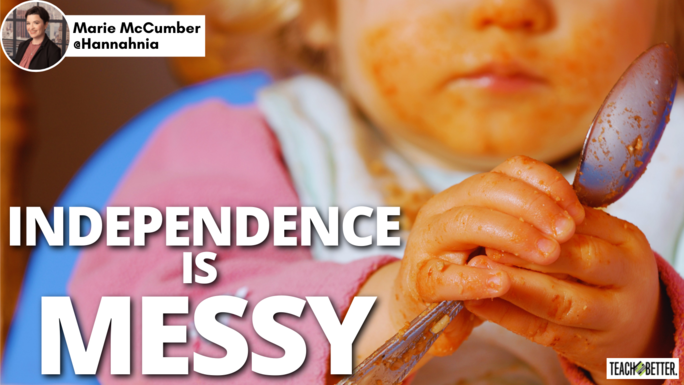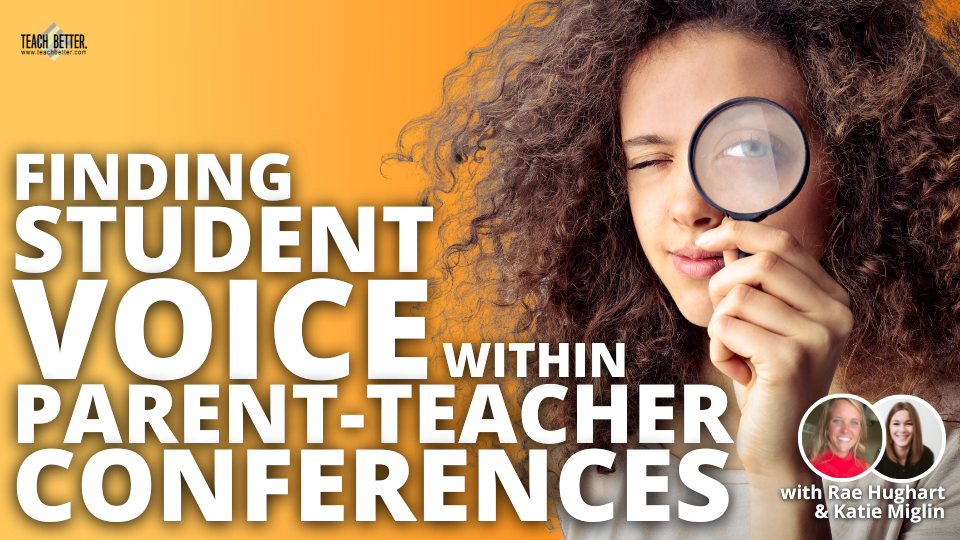TL;DR:
- It’s often easy to judge what students will be able to do for themselves.
- Teaching behaviors may help students master life skills within the classroom.
- Check to see if there is a missing skill that is preventing them from learning the next steps.
- Supporting independence builds students up!
New Student
I had the opportunity of gaining a new student in December. It’s easy to forget how far we’ve come since the beginning of the year with our established routines and expectations. Really, my class is a well-oiled machine. Every student not only knows what to do when they walk in the door, but they also keep each other (and me) accountable.
However, they didn’t come in this way. We spent nearly 2 months slowing learning, practicing, reteaching, and implementing the process of the countless things we achieve daily in our class. Simple tasks like navigating the room to find their desk and where to put their belongings to keep the room orderly and to be easily found when the time comes. Learning when it was an appropriate time to use the bathroom and fill their water bottles. Discovering why we shouldn’t sharpen pencils while Ms. McCumber is teaching. The little things that come up all day, but take time to learn.
My new student came into our 5th-grade class right before Christmas break. Her previous district had provided a one-on-one aide since she was 3 years old. So, not only was this a new building, new teacher, new children, new rules, and new expectations…this was also the first time she was not going to have a buffer or safety net.
Independence and perseverance are a huge part of helping students reach their fullest potential. Click To TweetStudent Independence Leads to Potential
As an intervention specialist, I have always felt that it’s my job to make my students as independent as possible. Independence and perseverance are a huge part of helping students reach their fullest potential. But doing this requires time, patience, grace, and lots of retries. It builds and grows over time. And it’s messy.
For my students, messiness looks like running into desks and finding their way around the classroom. It can be verbal, large visual, and tactile directions. It’s providing mindful, gentle reminders. It looks like watching how students problem-solve or advocate for themselves. It can be watching a student attempt to carry (and possibly drop) multiple things while using a cane to navigate the environment. It’s watching to see if there is a missing skill or ability that is preventing them from learning the next steps. It can happen so slowly and subtly that one day it just seems like this is how it has always been.
My new student reminded me of this as I watched her look for her desk when she came into the room and drop her things while walking down the hallway. She needed a constant reminder to turn right when walking out of the classroom to go up to the front for her transportation. She would put her shoes on the wrong feet and her clothes on inside-out when changing after gym. Materials were spread all over her and her neighbors’ desks and onto the floor.
It would be easy to look at her and make an initial judgment that she was incapable of doing these things. It might be easy to think that I was expecting too much from her. But nothing she was doing was different from any of my students when they first started at the school or in my classroom. And as we work together, she is beginning to master these things. She is saying, “I did it all by myself! I am so proud of myself!”
[scroll down to keep reading]Student Independence: What Students Need
And that’s what our students need. They need the time, patience, grace, and room to make mistakes and get messy. Our students need to see others around them—children and adults—doing the same and keep going. They often need us to believe that they can before they can believe it for themselves. We need to allow room for the messiness to get to independence.
About Marie McCumber
Marie McCumber is an Elementary School Teacher at the Ohio State School for the Blind. She believes in the capability of all individuals and tries to advocate for this. She loves to be outdoors teaching and with her own family, creating in the kitchen, reading, writing, or relaxing in her hammock.




